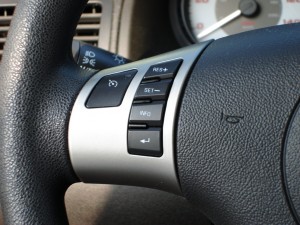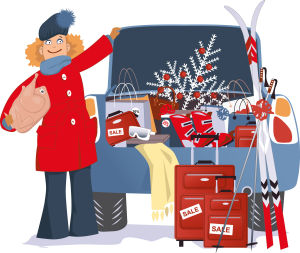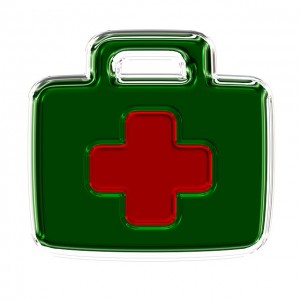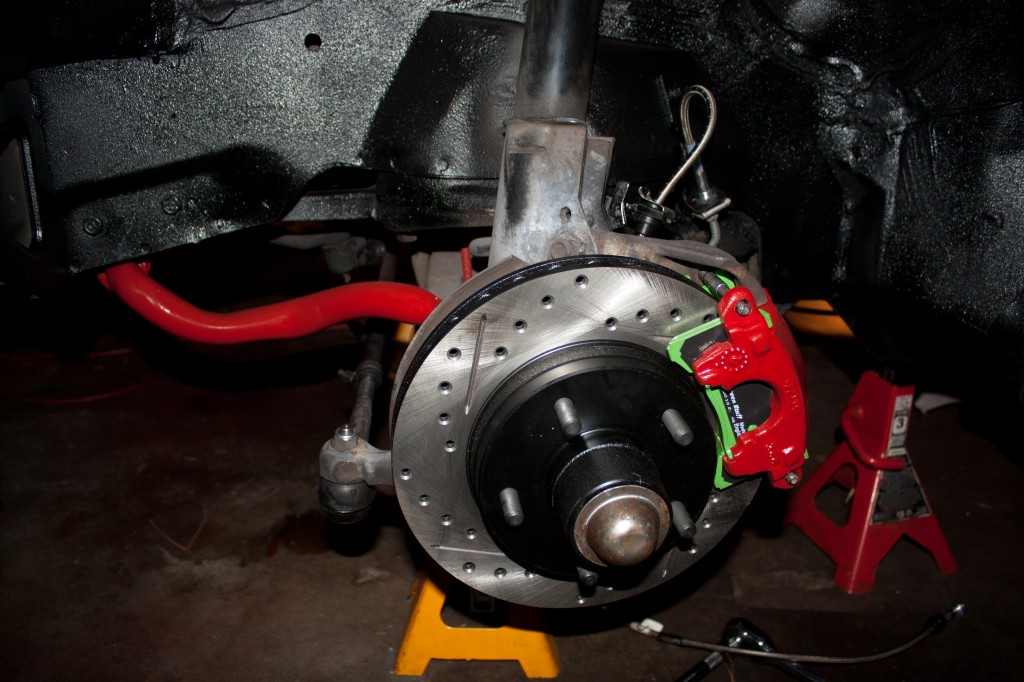Cruise Control Reduces Speed, Increases Driver Drowsiness
 Most cars these days are equipped with cruise control, which allows a driver to set the speed of the vehicle without having to maintain constant contact with the gas pedal. In fact, you may be surprised to learn that cruise control technology was first introduced 100 years ago. Cruise control is a useful tool for drivers, especially on long road trips, but new data out of France reveals that the convenience comes at a price.
Most cars these days are equipped with cruise control, which allows a driver to set the speed of the vehicle without having to maintain constant contact with the gas pedal. In fact, you may be surprised to learn that cruise control technology was first introduced 100 years ago. Cruise control is a useful tool for drivers, especially on long road trips, but new data out of France reveals that the convenience comes at a price.
A study by the Vinci Autoroutes Foundation found that cruise control or speed-limiting vehicles led to an increased risk that the driver would become drowsy, and it also significantly increased a driver’s reaction time.
For their study, the foundation divided 90 drivers into three groups based on their age. The drivers were then put through a driving simulator over a three-day period. They were asked to drive 75 miles each day, and in the simulator they encountered construction, a bus accident, a tollbooth, and radar. Drivers were hooked up to equipment to monitor eye movement and brain activity to aid in data collection. They were also asked to rate their level of vigilance every 15 minutes.
After looking at the data, researchers found:
- All participants exhibited greater signs of drowsiness when using cruise control.
- The average level of self-reported vigilance decreased significantly as time passed. The most common response at the beginning of the trip was that the participant was feeling “rather awake,” but that changed to “neither awake nor asleep” only 30 minutes into the drive.
- When using cruise control, all drivers took longer to brake for the simulated encounters. By the end of the trip, drivers were breaking roughly 85 yards closer to the incident location.
- Young drivers between the ages of 18-30 were the most affected by the fatigue of the trip.
Andre Dufour, the lead researcher of the study, said cruise control can help people avoid speeding tickets, but drivers must take extra precautions to stay alert.
“They help people to obey the speed limit,” said Dufour. “But you have to know how to use them.”
He added that even though the vehicle can help complete some functions normally reserved for the driver, “the person is still in charge and still responsible.”
Related source: ABC News
-
Fun Car-Related Thanksgiving Facts
 Nov 26, 2014
Nov 26, 2014Thanksgiving is tomorrow, and soon college students and families will be traversing across the country to celebrate the holiday with one another. If you’re hitting the road soon, now is a good time to brush up on last year’s blog, “5 Thanksgiving Travel Tips” to help you get to your destination safely. In spirit of […]
-
What Should I Keep In My Trunk In Case of an Emergency?
 Aug 14, 2013
Aug 14, 2013Nobody wants to be stranded on the side of the road, but a minor delay can turn into a major problem if you are unprepared for an emergency. These days, nearly everyone has a cell phone, so trouble usually isn’t more than a call away, but you should still prepare an emergency roadside kit in […]
-
When Should you Replace your Brake Pads and Rotors?
 Jun 26, 2013
Jun 26, 2013Your brakes are arguably the most important part of your vehicle because they regulate your speed and help prevent accidents. Anyone who has had brake trouble can tell you how important it is to address any problems as quickly as possible. If your car takes a long time to come to a complete stop, or […]




